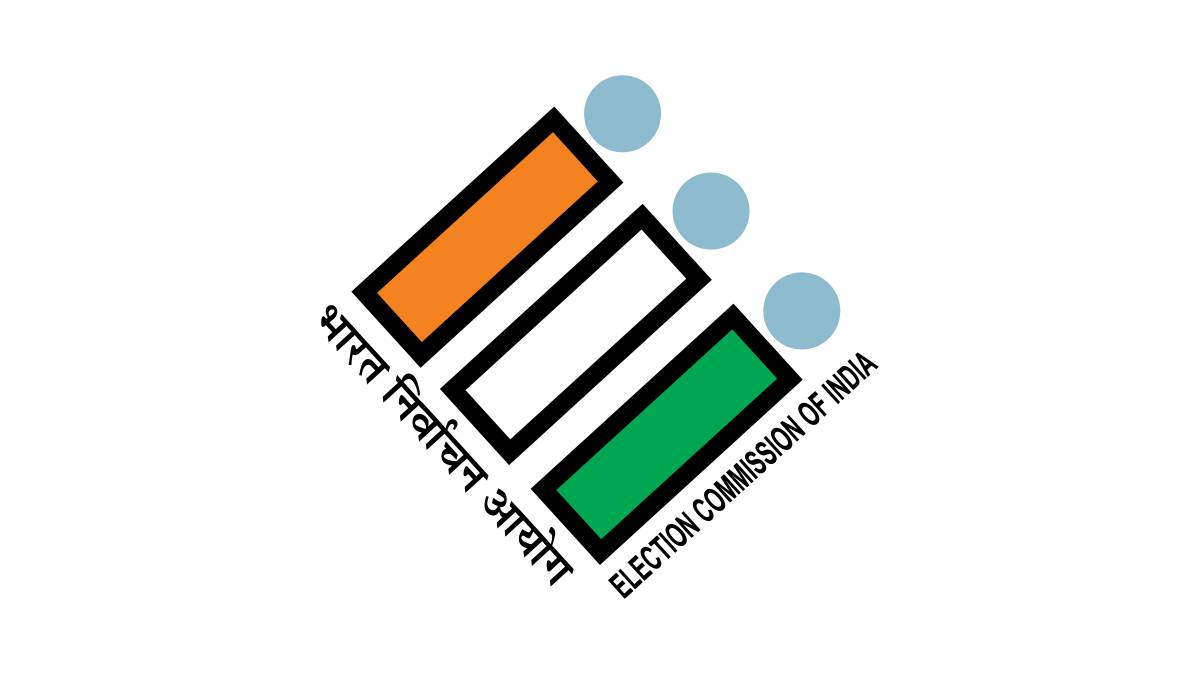“The best weapon of a dictatorship is secrecy; the best weapon of a democracy is openness.” – Edward Teller
Overview
The Election Commission of India (ECI) plays a pivotal role in the democratic system of India.
About the Election Commission of India
- The ECI is an autonomous constitutional authority.
- It ensures every citizen’s voice is effectively represented in the electoral process.
- Established on 25th January 1950.
- Administers Union and State elections in India.
- Promotes the integrity and fairness of the democratic system.
- The secretariat of the ECI is located in New Delhi.
- The ECI oversees elections to the Lok Sabha, Rajya Sabha, and the State Legislative Assemblies.
- The elections to the offices of the President and Vice President of India are administered by the ECI.
- The State Election Commission ensures fair and impartial elections to the panchayats and municipalities.
- It also Allocate Election Symbols to Political Parties in India
Constitutional Provisions
- Part XV (Article 324-329) of the Constitution deals with elections and establishes a Commission to conduct them.
- Article 324: ECI to supervise, direct, and control the elections.
- Article 325: No person to be ineligible for inclusion in an electoral roll on grounds of religion, race, caste, or sex.
Composition of the ECI
- The ECI became a multi-member body after the Election Commission Amendment Act of 1989.
- The Commission consists of the Chief Election Commissioner (CEC) and such number of other election commissioners, as the President may from time to time fix.
Appointment, Tenure, and Removal of the Commissioners
- The CEC and the Commissioners are appointed by the President.
- They hold office for a term of six years or until the age of 65 years, whichever is earlier.
- The CEC and the ECs have equal powers and receive equal salaries and allowances, equivalent to those of a judge of the Supreme Court.
Functions of the ECI
- Administrative Functions: Determine the territorial areas of the electoral constituencies, prepare and periodically revise electoral rolls, notify the dates and schedules of elections, and grant recognition to political parties.
- Advisory Functions: Advise the President and the Governor on matters relating to the disqualifications of the members of Parliament and the state legislature.
- Quasi-Judicial Functions: Act as a court for settling disputes related to granting recognition to political parties and allotment of election symbols to them.





Leave a Reply
You must be logged in to post a comment.